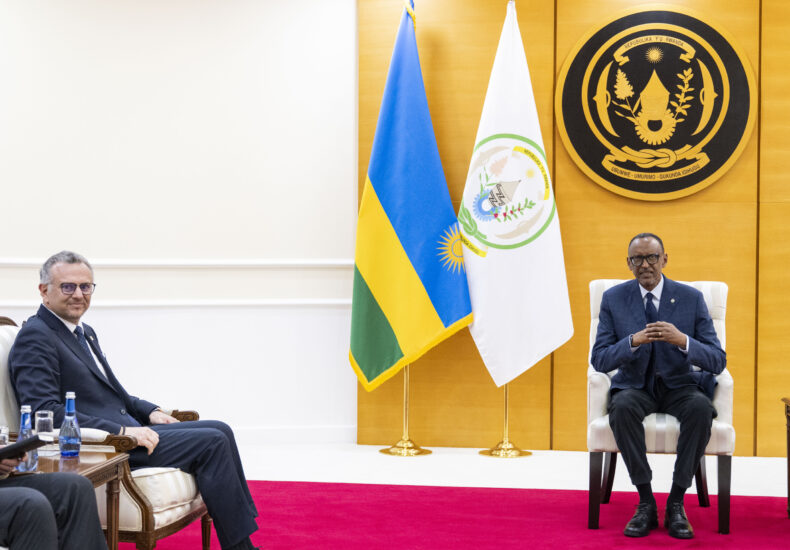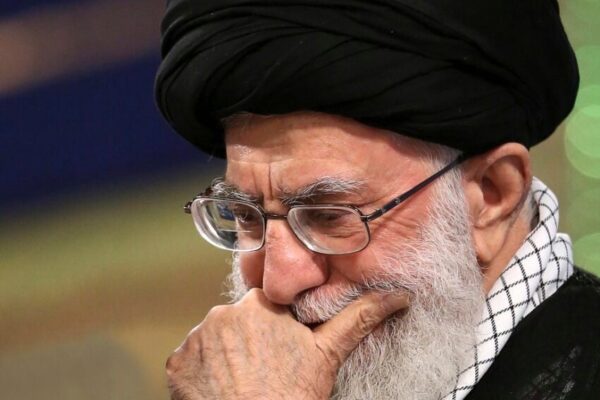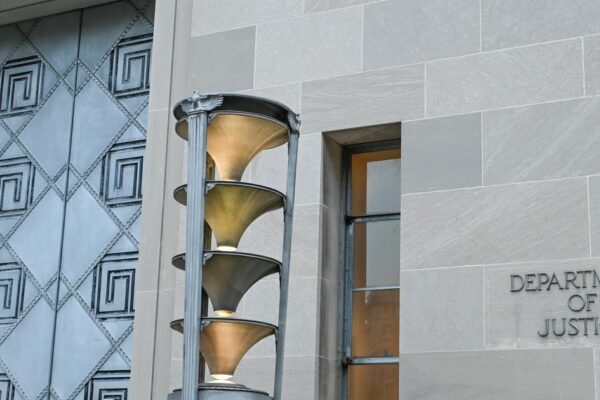
Massad Boulos’s Expanding Footprint: From the Middle East to Africa — Results in Under 12 Months
When Massad Boulos entered the Trump administration as the President’s Senior Adviser for Arab and African Affairs, he assumed responsibility for two of the world’s most politically complex regions. The scope of this role-spanning the Middle East and the African continent-has positioned him at the centre of Washington’s evolving approach to regional diplomacy, economic engagement, and strategic coordination. In under a year, he has used this platform to drive a series of initiatives that have elevated U. S. visibility from the Maghreb to Central Africa, while sharpening the administration’s broader foreign-policy posture. What distinguishes Boulos’s tenure is not only the scale of his remit but the speed with which he has shifted U. S. engagement from intention to implementation. At a time when Washington is recalibrating its global approach, he has pushed an agenda built around practical partnerships, active diplomacy, and direct regional outreach-favouring measurable outcomes over rhetorical positioning. This grounding in deliverables has allowed him to gain momentum rapidly and reshape expectations of what U. S. policy can achieve in a condensed time frame. Across Africa, he has become a visible advocate of renewed American involvement in infrastructure, logistics, and energy. The accelerated progress on the Lobito Corridor-linking Angola, Zambia, and the Democratic Republic of the Congo-illustrates this shift. Once hampered by uneven follow-through, the project has gained coherence as Boulos helped align U. S. tools with African priorities, encouraging both public- and private-sector participation to strengthen a transport route poised to enhance trade, regional integration, and employment. His work on the critical minerals agenda has been equally consequential. Through the DRC-Rwanda track of the 2025 Washington Accord, mechanisms for transparent supply chains, responsible sourcing, and regionally based processing have begun to take shape. These developments aim to provide an alternative to China’s longstanding dominance in the sector, while helping African partners capture more value domestically-positioning the United States as a more credible and active participant in global mineral security. Boulos has also broadened U. S. diplomatic engagement across North and West Africa. His coordination of support for Morocco’s autonomy plan for Western Sahara-culminating in a UN Security Council resolution-reinforced U. S. influence in one of the region’s most sensitive geopolitical files. Recent international coverage has highlighted his constructive role in this portfolio, underscoring Washington’s commitment to stability and partnership with Rabat. Equally important are his efforts in Sudan, where the war has produced one of the world’s gravest humanitarian emergencies. Boulos has been engaged in outreach aimed at enabling humanitarian access, advancing relief corridors, and laying groundwork for an eventual transition to civilian-led governance when conditions allow. His involvement forms part of broader U. S. efforts to support a pathway toward political stabilisation. The logic connecting these initiatives reflects what Boulos terms the “3Ps”: peace, partnerships, and prosperity-an idea emphasised in his recent interview with Le Monde. In practice, this framework treats infrastructure as a stabilising force, energy cooperation as a pillar of resilience, and diplomatic outreach as inseparable from regional economic development. Part of his effectiveness stems from his integrative role within the U. S. system. Although his portfolio extends across two major regions, he works closely with the State Department, the National Security Council, and the White House, enabling policies to move rapidly from concept to execution. Colleagues describe his approach as collaborative but insistent on timelines-helping cut through institutional inertia and deliver visible progress. In less than a year, Massad Boulos has helped shift U. S. engagement in Africa and the Middle East toward a more active, coordinated, and results-driven posture. By advancing economic corridors, supporting diplomatic priorities, and engaging directly with regional leaders, he has strengthened the United States’ position as a more responsive and grounded partner. His role as Senior Adviser for Arab and African Affairs has allowed him to develop an interconnected strategy that views stability, economic development, and regional partnerships as mutually reinforcing pillars of long-term influence. As the global environment continues to evolve, Boulos’s expanding record reflects a model of U. S. engagement built on regional fluency, coordinated diplomacy, and tangible outcomes-one that seeks to anchor enduring partnerships while supporting stability across two of the world’s most dynamic regions.
https://www.ibtimes.com/massad-bouloss-expanding-footprint-middle-east-africa-results-under-12-months-3790728
You may also like
延伸阅读
You may be interested
Globe bets on prepaid fiber, sets expansion
No content was provided to convert. Please provide the text...
Bragging rights up as Samal makes 5150 debut
A stellar Open division field will be shooting for the...
DigiPlus launches P1-M surety bond program
MANILA, Philippines — DigiPlus Interactive Corp. has partnered with Philippine...
 The New York Times
The New York Times
- The C.I.A. Helped Pinpoint a Gathering of Iranian Leaders. Then Israel Struck. 2026 年 3 月 1 日 Julian E. Barnes, Ronen Bergman, Eric Schmitt and Tyler Pager
- See a Breakdown of Ayatollah Khamenei and Other Top Iranian Leaders 2026 年 3 月 1 日 Samuel Granados
- ‘One Battle After Another’ Wins Producers Guild Award. Is Oscar Next? 2026 年 3 月 1 日 Kyle Buchanan
- Iran Got Trump All Wrong 2026 年 3 月 1 日 Kenneth F. McKenzie Jr.
- In Ukraine, a Community of ‘Simple Believers’ Shuns the Modern World 2026 年 3 月 1 日 Mauricio Lima and Yurii Shyvala
- Ayatollah Ali Khamenei, Hard-Line Cleric Who Made Iran a Regional Power, Is Dead at 86 2026 年 3 月 1 日 Alan Cowell and Farnaz Fassihi
- A Tale of Two Seasons at Columbia, and Two Responses to Student Arrests 2026 年 3 月 1 日 Troy Closson, Sharon Otterman and Luis Ferré-Sadurní
- Elite Doctors Served Jeffrey Epstein While Treating His ‘Girls’ 2026 年 3 月 1 日 David A. Fahrenthold, Azeen Ghorayshi and Maggie Astor
- Death of Girl From Los Angeles School Investigated as a Homicide, Police Say 2026 年 2 月 28 日 Rylee Kirk
- Trump Decision to Strike Iran Opens Fissures in Midterms 2026 年 2 月 28 日 Tim Balk



Leave a Reply